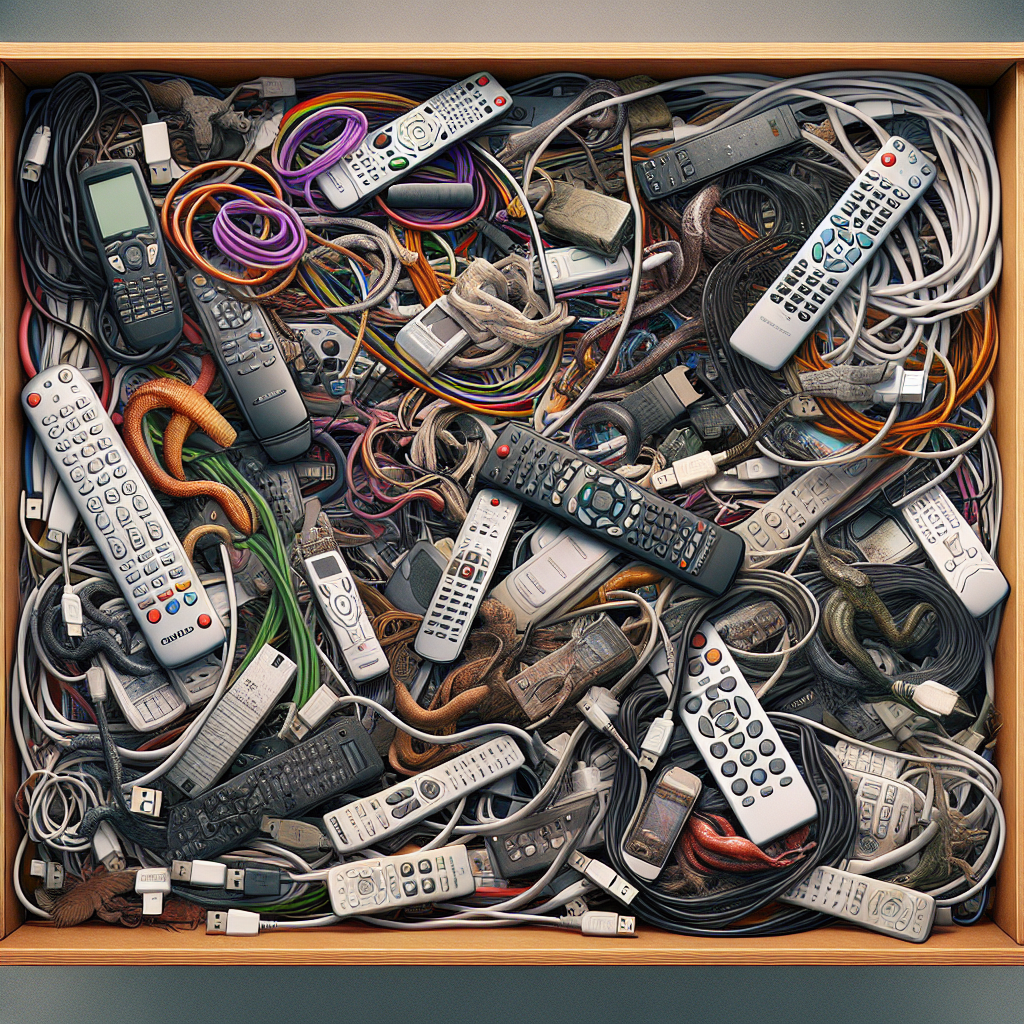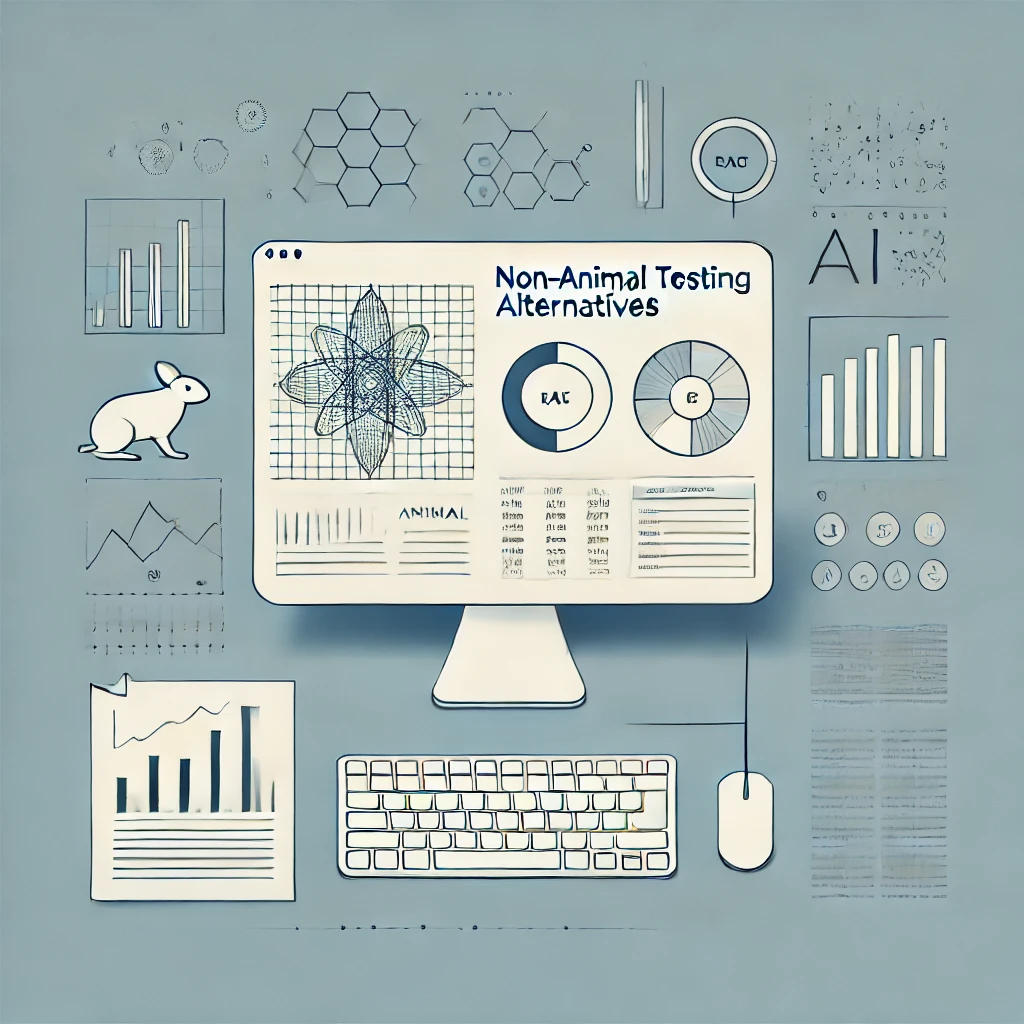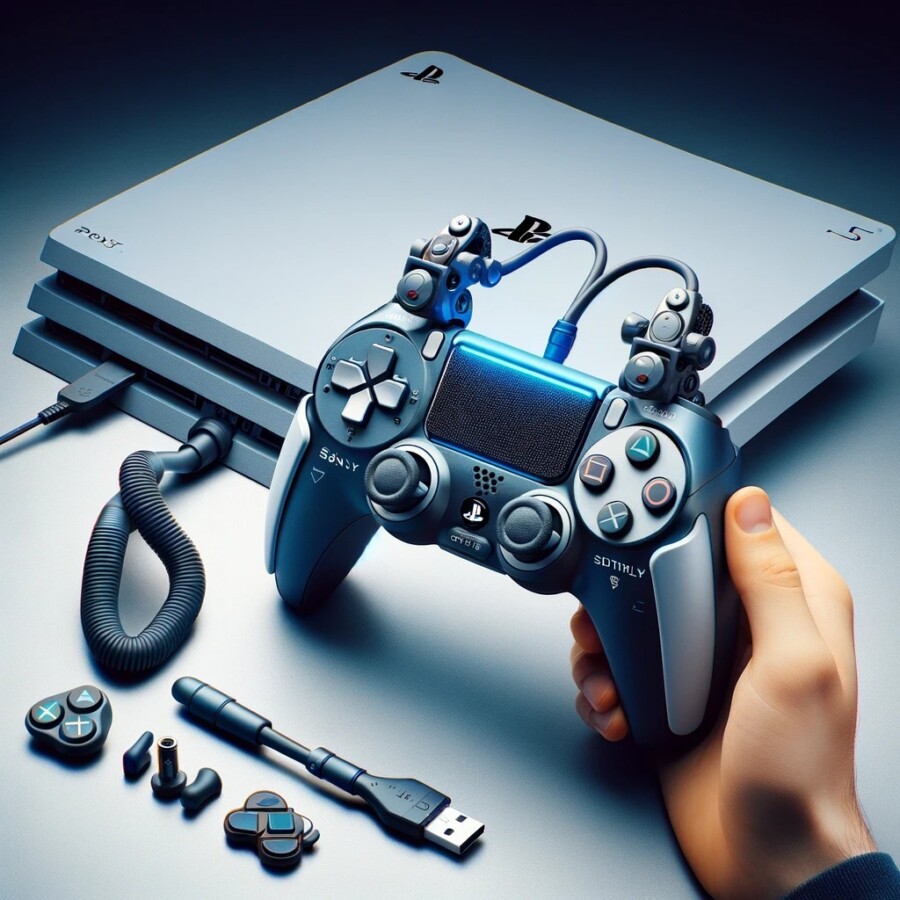A recycling campaign group called Material Focus has issued a warning about the growing problem of unused electricals and broken technology in households. According to their estimates, the average number of items being stockpiled has increased from 20 to 30 within the past four years. The top ten products being hoarded include remote controls, mobile phones, and hairdryers. The United Nations has reported that electronic waste is increasing at a rate five times faster than documented recycling. As a result, people are being urged to clean out their “drawers of doom” and dispose of these items properly.
One self-proclaimed hoarder of electricals, Paul Bowtell, admits to having over 40 electrical items in just a couple of storage boxes, with even more in his attic, drawers, footstool, and other boxes. He explains that some of these items belong to his grown-up sons, while others were once expensive but now hold no value. Scott Butler, the executive director of Material Focus, believes that everyone probably has a “drawer of doom” filled with cables and remote controls for devices that are no longer in use.
Material Focus estimates that over 880 million unused electrical items are currently being held in UK homes. The group emphasizes that trashed electronics should never be thrown in the general waste, as they contain valuable materials that can be recycled. These materials include steel, aluminum, copper, lithium batteries, and even gold. Mining these precious materials in the first place leads to pollution, harms wildlife, and contributes to climate change. Therefore, it is crucial to recycle and extract the value from these items.
Sarah Burns, the sustainability and engagement manager from Bristol Waste, highlights the importance of reducing the number of electrical items in the first place. One way to extend the value of unused electrical items is by sharing them. For example, at Share Bristol – A Library of Things, people can borrow items like sanders, hedge trimmers, and popcorn makers that they are unlikely to use every day. Additionally, if individuals have spare laptops or smart devices, they can donate them to those in need by searching for “recycle your electricals” to find reuse and drop-off points.
Data from Material Focus reveals that households in the UK are throwing away 103,000 tonnes of electricals instead of recycling them. The organization also estimates that 343,000 tonnes of electrical waste are being stolen or illegally exported from the waste system. To calculate these estimates, Material Focus used data from recent market research involving 2,000 adults across the UK.
Original news source: E-waste drawers of doom growing, say campaigners (BBC)
🎧 Listen:
Slow
Normal
Fast
📖 Vocabulary:
| 1 | hoarded | Accumulated and stored away in large amounts |
| 2 | recycling | The process of converting waste materials into new materials and objects |
| 3 | sustainability | The ability to maintain resources or processes for future generations without depleting them |
| 4 | pollution | The introduction of contaminants into the natural environment causing adverse change |
| 5 | wildlife | Animals and plants that live in the wild |
| 6 | climate | The long-term patterns and changes in temperature and weather on Earth |
| 7 | precious | Highly valuable and sought after due to rarity |
| 8 | donate | To give something to someone without expecting anything in return |
| 9 | engagement | The act of participating or becoming involved in a cause or activity |
| 10 | stockpiled | Gathered in a large amount and kept for future use |
| 11 | electricals | Devices or appliances powered by electricity |
| 12 | extracted | Removed or taken out, usually with effort or force |
| 13 | illegal | Not permitted by law |
| 14 | estimates | Approximations or educated guesses about the quantity or extent of something |
| 15 | urgency | The need for immediate action or attention |
Group or Classroom Activities
Warm-up Activities:
– News Summary
Instructions:
1. Divide the class into pairs or small groups.
2. Give each group a few minutes to read the article.
3. Instruct the groups to summarize the main points of the article in their own words.
4. After a set amount of time, have each group share their summary with the class.
5. Encourage discussion and ask follow-up questions to check comprehension.
– Opinion Poll
Instructions:
1. Divide the class into pairs or small groups.
2. Assign each group a specific question related to the article (e.g. “Do you have a ‘drawer of doom’ at home?”).
3. Instruct the groups to discuss the question and come up with their own opinions.
4. Have each group present their opinions to the class.
5. Encourage respectful debate and discussion among the students.
– Vocabulary Pictionary
Instructions:
1. Write down key vocabulary words from the article on separate slips of paper.
2. Divide the class into two teams.
3. One student from each team comes to the front of the class.
4. Show the first student a vocabulary word without saying it, and they must draw a picture to represent the word.
5. The student’s team must guess the word based on the drawing within a set time limit.
6. Repeat the process with the second student and continue until all the words have been drawn and guessed.
7. Keep score and declare a winning team at the end.
– Headline Creation
Instructions:
1. Divide the class into small groups.
2. Instruct each group to create a catchy headline related to the article.
3. Give the groups a few minutes to come up with their headlines.
4. Have each group share their headline with the class.
5. Encourage creativity and discussion about the different headlines.
– Two Truths and a Lie
Instructions:
1. Have each student come up with two true statements and one false statement related to the article.
2. Divide the class into pairs or small groups.
3. Instruct each student to share their statements with their partner or group.
4. The other students must guess which statement is the lie.
5. After each student has shared, discuss the true statements and any interesting facts from the article.
🤔 Comprehension Questions:
1. According to Material Focus, how many unused electrical items are currently being held in UK homes?
2. What are some of the top ten products that are being hoarded, according to Material Focus?
3. Why is it important to recycle trashed electronics instead of throwing them in the general waste?
4. How does mining precious materials for electronics contribute to pollution, wildlife harm, and climate change?
5. What is one way to extend the value of unused electrical items, according to Sarah Burns?
6. How many tonnes of electricals are households in the UK throwing away instead of recycling, according to Material Focus?
7. How many tonnes of electrical waste are estimated to be stolen or illegally exported from the waste system, according to Material Focus?
8. How did Material Focus calculate their estimates regarding unused electrical items and electrical waste?
Go to answers ⇩
🎧✍️ Listen and Fill in the Gaps:
A recycling campaign group called Material Focus has issued a (1)______ about the growing problem of (2)______ electricals and broken technology in households. According to their estimates, the average number of items being stockpiled has increased from 20 to 30 within the past four years. The top ten products being hoarded include remote controls, mobile phones, and hairdryers. The United (3)______ has reported that (4)______ waste is increasing at a rate five times faster than documented recycling. As a result, people are being urged to clean out their “drawers of doom” and dispose of these items properly.
One self-proclaimed hoarder of electricals, Paul Bowtell, admits to having over 40 electrical items in just a couple of storage (5)______, with even more in his attic, drawers, footstool, and other boxes. He explains that some of these items belong to his grown-up sons, while others were once (6)______ but now hold no value. Scott Butler, the executive (7)______ of (8)______ Focus, believes that everyone probably has a “drawer of doom” filled with cables and remote controls for devices that are no longer in use.
Material Focus estimates that over 880 million unused electrical items are currently being held in UK homes. The group emphasizes that trashed electronics should never be thrown in the general waste, as they contain valuable (9)______ that can be recycled. These materials include steel, aluminum, copper, lithium (10)______, and even gold. Mining these precious materials in the first (11)______ leads to pollution, harms wildlife, and contributes to climate change. Therefore, it is crucial to recycle and extract the value from these items.
Sarah Burns, the sustainability and engagement manager from Bristol Waste, highlights the importance of reducing the number of electrical items in the first place. One way to extend the value of unused electrical items is by (12)______ them. For example, at Share Bristol – A Library of Things, people can borrow items like sanders, hedge (13)______, and popcorn makers that they are unlikely to use every day. Additionally, if individuals have spare (14)______ or smart devices, they can donate them to those in need by searching for “recycle your electricals” to find reuse and drop-off points.
Data from Material (15)______ reveals that households in the UK are throwing away 103,000 tonnes of electricals instead of recycling them. The organization also estimates that 343,000 tonnes of electrical waste are being stolen or illegally (16)______ from the waste system. To calculate these estimates, Material Focus used data from recent market research involving 2,000 adults across the UK.
Go to answers ⇩
💬 Discussion Questions:
Students can ask a partner these questions, or discuss them as a group.
1. What is a “drawer of doom” and do you have one in your home?
2. How would you feel if you found out that your country was throwing away 103,000 tonnes of electricals instead of recycling them?
3. Do you like the idea of sharing unused electrical items with others? Why or why not?
4. How would you feel if you discovered that 343,000 tonnes of electrical waste were being stolen or illegally exported from the waste system?
5. What do you think about the idea of donating spare laptops or smart devices to those in need?
6. Why do you think electronic waste is increasing at a rate five times faster than documented recycling?
7. Do you think people should be more mindful of the environmental impact of hoarding unused electricals? Why or why not?
8. How do you think the hoarding of unused electricals contributes to climate change?
9. Why do you think some people hold onto electrical items that no longer hold value?
10. How would you feel if you discovered that your country had over 880 million unused electrical items being held in homes?
11. What do you think are some ways to encourage people to properly dispose of their unused electricals?
12. Why do you think it is important to recycle and extract the value from electronic waste?
13. How do you think sharing unused electrical items can help reduce the number of items being stockpiled?
14. What is your opinion on the idea of a “Library of Things” where people can borrow items they are unlikely to use every day?
15. How do you think the mining of precious materials for electronic devices contributes to pollution and harms wildlife?
Individual Activities
📖💭 Vocabulary Meanings:
Match each word to its meaning.
Words:
1. hoarded
2. recycling
3. sustainability
4. pollution
5. wildlife
6. climate
7. precious
8. donate
9. engagement
10. stockpiled
11. electricals
12. extracted
13. illegal
14. estimates
15. urgency
Meanings:
(A) Devices or appliances powered by electricity
(B) Animals and plants that live in the wild
(C) The need for immediate action or attention
(D) Highly valuable and sought after due to rarity
(E) The process of converting waste materials into new materials and objects
(F) To give something to someone without expecting anything in return
(G) Removed or taken out, usually with effort or force
(H) Accumulated and stored away in large amounts
(I) The act of participating or becoming involved in a cause or activity
(J) Not permitted by law
(K) Gathered in a large amount and kept for future use
(L) Approximations or educated guesses about the quantity or extent of something
(M) The long-term patterns and changes in temperature and weather on Earth
(N) The ability to maintain resources or processes for future generations without depleting them
(O) The introduction of contaminants into the natural environment causing adverse change
Go to answers ⇩
🔡 Multiple Choice Questions:
1. According to Material Focus, the average number of unused electrical items being stockpiled has increased by how much in the past four years?
(a) 20
(b) 30
(c) 10
(d) 40
2. Which of the following is NOT one of the top ten products being hoarded, according to Material Focus?
(a) Mobile phones
(b) Hairdryers
(c) Remote controls
(d) Toasters
3. How much faster is electronic waste increasing compared to documented recycling, according to the United Nations?
(a) Five times faster
(b) Ten times faster
(c) Twenty times faster
(d) Fifty times faster
4. What does Material Focus estimate is the number of unused electrical items currently being held in UK homes?
(a) Over 880 million
(b) Over 1 billion
(c) Over 500 million
(d) Over 2 billion
5. What valuable materials can be found in trashed electronics, according to Material Focus?
(a) Plastic, glass, rubber, and wood
(b) Paper, cardboard, fabric, and glass
(c) Steel, copper, plastic, and wood
(d) Steel, aluminum, copper, lithium batteries, and gold
6. What does Sarah Burns, the sustainability and engagement manager from Bristol Waste, emphasize the importance of?
(a) Recycling all types of waste
(b) Reducing the number of electrical items in the first place
(c) Donating unused electrical items to charity
(d) Buying new electrical items instead of reusing old ones
7. How much electrical waste are households in the UK throwing away instead of recycling, according to Material Focus?
(a) 200,000 tonnes
(b) 500,000 tonnes
(c) 1 million tonnes
(d) 103,000 tonnes
8. How much electrical waste is estimated to be stolen or illegally exported from the waste system, according to Material Focus?
(a) 500,000 tonnes
(b) 343,000 tonnes
(c) 1 million tonnes
(d) 2 million tonnes
Go to answers ⇩
🕵️ True or False Questions:
1. The United Nations has reported that electronic waste is increasing at a rate five times slower than documented recycling.
2. Trashed electronics should always be thrown in the general waste, as they do not contain valuable materials that can be recycled.
3. Material Focus is a recycling campaign group concerned about the issue of unused electricals and broken technology in households.
4. Paul Bowtell, a self-proclaimed minimalist of electricals, admits to having over 40 electrical items in storage boxes and other places in his home.
5. The average number of unused electrical items being stockpiled in households has increased from 20 to 30 within the past four years.
6. People are being urged to clean out their “drawers of doom” and dispose of unused electrical items properly.
7. Material Focus estimates that over 880 million unused electrical items are currently being held in UK homes.
8. Remote controls, mobile phones, and hairdryers are not among the top ten products being hoarded in households.
Go to answers ⇩
📝 Write a Summary:
Write a summary of this news article in two sentences.
Check your writing now with the best free AI for English writing!
Writing Questions:
Answer the following questions. Write as much as you can for each answer.
Check your answers with our free English writing assistant!
1. According to Material Focus, what is the average number of unused electrical items being stockpiled in households?
2. What are the top ten products that are commonly hoarded by people?
3. Why is it important to dispose of electronic waste properly?
4. How can people extend the value of unused electrical items?
5. What are the estimates for the amount of electrical waste that is thrown away instead of being recycled, and the amount that is stolen or illegally exported?
✅ Answers
🤔✅ Comprehension Question Answers:
1. Material Focus estimates that over 880 million unused electrical items are currently being held in UK homes.
2. Some of the top ten products being hoarded, according to Material Focus, include remote controls, mobile phones, and hairdryers.
3. It is important to recycle trashed electronics instead of throwing them in the general waste because they contain valuable materials that can be recycled, such as steel, aluminum, copper, lithium batteries, and even gold. Mining these materials in the first place leads to pollution, harms wildlife, and contributes to climate change.
4. Mining precious materials for electronics contributes to pollution, wildlife harm, and climate change because the extraction process requires energy, releases harmful emissions, and destroys habitats. Additionally, the disposal of electronic waste in landfills can lead to the release of toxic chemicals into the environment.
5. According to Sarah Burns, one way to extend the value of unused electrical items is by sharing them. For example, at Share Bristol – A Library of Things, people can borrow items like sanders, hedge trimmers, and popcorn makers that they are unlikely to use every day.
6. Material Focus reveals that households in the UK are throwing away 103,000 tonnes of electricals instead of recycling them.
7. Material Focus estimates that 343,000 tonnes of electrical waste are being stolen or illegally exported from the waste system.
8. Material Focus calculated their estimates regarding unused electrical items and electrical waste using data from recent market research involving 2,000 adults across the UK.
Go back to questions ⇧
🎧✍️✅ Listen and Fill in the Gaps Answers:
(1) warning
(2) unused
(3) Nations
(4) electronic
(5) boxes
(6) expensive
(7) director
(8) Material
(9) materials
(10) batteries
(11) place
(12) sharing
(13) trimmers
(14) laptops
(15) Focus
(16) exported
Go back to questions ⇧
📖💭✅ Vocabulary Meanings Answers:
1. hoarded
Answer: (H) Accumulated and stored away in large amounts
2. recycling
Answer: (E) The process of converting waste materials into new materials and objects
3. sustainability
Answer: (N) The ability to maintain resources or processes for future generations without depleting them
4. pollution
Answer: (O) The introduction of contaminants into the natural environment causing adverse change
5. wildlife
Answer: (B) Animals and plants that live in the wild
6. climate
Answer: (M) The long-term patterns and changes in temperature and weather on Earth
7. precious
Answer: (D) Highly valuable and sought after due to rarity
8. donate
Answer: (F) To give something to someone without expecting anything in return
9. engagement
Answer: (I) The act of participating or becoming involved in a cause or activity
10. stockpiled
Answer: (K) Gathered in a large amount and kept for future use
11. electricals
Answer: (A) Devices or appliances powered by electricity
12. extracted
Answer: (G) Removed or taken out, usually with effort or force
13. illegal
Answer: (J) Not permitted by law
14. estimates
Answer: (L) Approximations or educated guesses about the quantity or extent of something
15. urgency
Answer: (C) The need for immediate action or attention
Go back to questions ⇧
🔡✅ Multiple Choice Answers:
1. According to Material Focus, the average number of unused electrical items being stockpiled has increased by how much in the past four years?
Answer: (c) 10
2. Which of the following is NOT one of the top ten products being hoarded, according to Material Focus?
Answer: (c) Remote controls
3. How much faster is electronic waste increasing compared to documented recycling, according to the United Nations?
Answer: (a) Five times faster
4. What does Material Focus estimate is the number of unused electrical items currently being held in UK homes?
Answer: (a) Over 880 million
5. What valuable materials can be found in trashed electronics, according to Material Focus?
Answer: (d) Steel, aluminum, copper, lithium batteries, and gold
6. What does Sarah Burns, the sustainability and engagement manager from Bristol Waste, emphasize the importance of?
Answer: (b) Reducing the number of electrical items in the first place
7. How much electrical waste are households in the UK throwing away instead of recycling, according to Material Focus?
Answer: (d) 103,000 tonnes
8. How much electrical waste is estimated to be stolen or illegally exported from the waste system, according to Material Focus?
Answer: (b) 343,000 tonnes
Go back to questions ⇧
🕵️✅ True or False Answers:
1. The United Nations has reported that electronic waste is increasing at a rate five times slower than documented recycling. (Answer: False)
2. Trashed electronics should always be thrown in the general waste, as they do not contain valuable materials that can be recycled. (Answer: False)
3. Material Focus is a recycling campaign group concerned about the issue of unused electricals and broken technology in households. (Answer: True)
4. Paul Bowtell, a self-proclaimed minimalist of electricals, admits to having over 40 electrical items in storage boxes and other places in his home. (Answer: False)
5. The average number of unused electrical items being stockpiled in households has increased from 20 to 30 within the past four years. (Answer: True)
6. People are being urged to clean out their “drawers of doom” and dispose of unused electrical items properly. (Answer: True)
7. Material Focus estimates that over 880 million unused electrical items are currently being held in UK homes. (Answer: True)
8. Remote controls, mobile phones, and hairdryers are not among the top ten products being hoarded in households. (Answer: False)
Go back to questions ⇧















